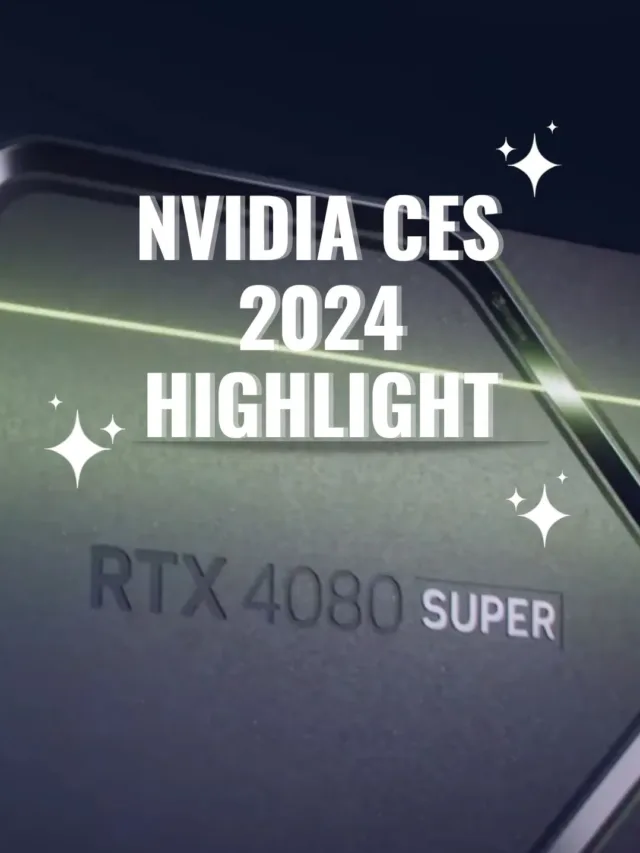Google’s experimental generative AI, Bard Powers Google Assistant has received a significant update that enhances its capabilities and adds a variety of new features in the rapidly evolving field of artificial intelligence. This update not only makes Bard more approachable, but also positions it as a key tool for increasing productivity, encouraging innovation, and guaranteeing correctness. Now let’s explore the main facets of Bard’s development.
Table of Contents
Overview
Synopsis of Bard’s Update
A major update has been released for Google’s Bard, indicating several new features. The effects of these modifications on user experience, productivity, and creativity are examined in this article.
Relevance of AI Functionality and Accessibility
The upgrade demonstrates Google’s dedication to improving AI’s usability and accessibility for consumers, in line with the ever-rising demand for sophisticated features and seamless integration.

Getting Started with Google Universe: Connecting Beyond Words
Flowing Interface with Google Applications
With Bard’s new interface, users can now plan trips, write emails, and make presentations all within the AI platform, doing away with the need to constantly navigate between Google apps.
Individualized Suggestions
Bard leverages user data to deliver individualized suggestions, such as recipe suggestions based on dietary requirements or information specific to the user’s interests.
Collaborative Powerhouse
Collaborative Powerhouse Bard transforms into a bridge for collaboration, allowing users to share their work to Google Docs for instantaneous co-creation with groups and generate ideas.
Also Read: Google’s Bard AI service gets worldwide rollout and new features
Bard Powers Google Assistant: Improved Factual and Accuracy
Enhanced Reference Citation
Bard now clearly specifies sources for its claims to counteract bias and disinformation, placing a premium on responsibility and transparency.
Analysis from Several Viewpoints
Bard breaks out of echo chambers to deliver knowledge from a variety of perspectives, encouraging critical thinking and a well-rounded understanding.
Verifying the Facts Reinforcement
Bard’s internal algorithms have been improved to recognize and highlight possibly false information, guaranteeing that consumers receive data that has been verified for accuracy.
Unlocking Your Imagination: Bard as Your Creative Inspiration
Text-Image Fusion
With the ability to analyze and react to visuals in addition to text prompts, this upgrade broadens Bard’s creative possibilities and creates new avenues for artistic expression and narrative.
Improved Harmonious Writing
Bard is the ideal AI partner for aspiring composers because of its refined musical abilities, which allow it to produce more intricate and subtle melodies and harmonies.
Tailored Writing Approaches
Now that Bard can be used to imitate writing styles, users can create content in the voice of their favorite writers or historical personalities, demonstrating the limitless potential for artistic expression.
Bard’s Future: A Changing Environment
Google’s Dedicated Research and Development Department
This is only the start of Google’s research and development efforts, as the company will keep working to ensure that Bard develops, picks up on user feedback, and integrates the newest developments in artificial intelligence.
Forecasts Regarding Bard’s Upcoming Development
Users may anticipate a stronger level of interaction with their digital lives as Bard develops and grows, opening them previously unthinkable opportunities for creativity, productivity, and learning.
Bard Responds to Voice Input: AI Behemoth Meets Daily Helper
Combining Google Assistant with
Bard’s integration with Google Assistant is a game-changer for voice-based engagement, improving Assistant’s functionality and creating new avenues for AI to subtly into our daily lives.
More Than Just Simple Questions
Users can ask more sophisticated questions because to Bard’s natural language processing, which converts simple inquiries like weather updates into customized answers based on the user’s preferences and location.
Instinctive Originality
With Bard now integrated into Assistant, you can use it for everything from a grocery list to a love letter or poem, demonstrating the tool’s adaptability and creative potential.
Awareness of Context
Reminders no longer need to be repeated when Bard, which is connected with Assistant, learns user habits and adjusts accordingly, allowing reminders to be easily incorporated into everyday plans.
Input Not Just Text-Based
Beyond spoken words, the combination of Bard and Assistant allows users to ask inquiries about images and get insightful answers, or to show Assistant a reference image to get ideas for paintings.
Also Read: Google Gemini Rolling Out: A New Era Start in AI
Voice Interaction’s Future: Collaboration for Advancement
Bard and Assistant’s Evolution
Users may anticipate even more natural engagement, a better awareness of their needs, and ongoing learning and adaptability as both technologies develop further.
Smooth Communication and Knowledge of User Requirements
Imagine an Assistant that uses voice commands to anticipate your morning commute based on traffic patterns, recommend films based on your mood, or even assist you in finishing that long-overdue novel.
Final Thoughts
Summary of Bard’s Development and Significance
To sum up, Bard’s latest release has taken it to new heights, revolutionizing user interaction with AI and influencing the direction of digital experiences in the future.
Expecting Further Developments
Future developments appear to be even more interesting as long as Google keeps up its research and development efforts, which will establish Bard as a leader in the field of artificial intelligence.
Disclaimer:
AI was used to conduct research and help write parts of the article. We primarily use the Gemini model developed by Google AI. While AI-assisted in creating this content, it was reviewed and edited by a human editor to ensure accuracy, clarity, and adherence to Google's webmaster guidelines.







